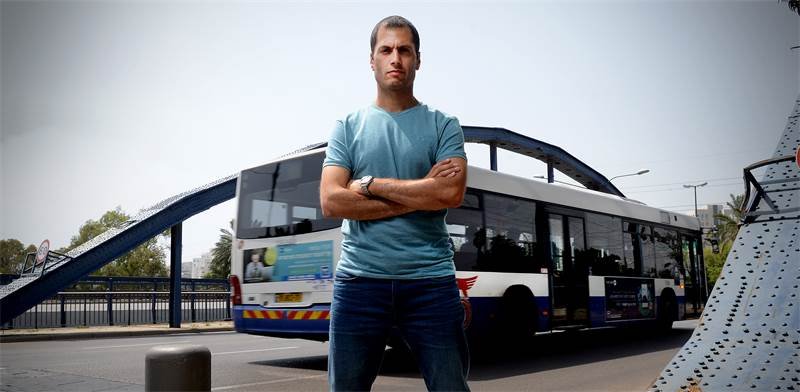Israeli smart electric road technology developer Electreon Wireless (TASE: ELWS) has signed an agreement with the Swedish government to build an electric road in the Scandinavian country. The electrified road in Sweden, based on the dynamic wireless loading technology developed by ElectReon, is designed to accommodate wireless loading of electric trucks and buses while they are driving on the road. In order to carry out the project, ElectReon has formed a consortium of companies, led by its subsidiary, ElectReon Ab.
ElectReon won a tender to build the road last month as reported by "Globes."
A 1.6-kilometer electrified road will be built in the project as part of a 4.1-kilometer route between the airport and Visby on the island of Gotland. The electric bus will function as a public shuttle, and the electric truck will be tested by a professional driver in order to verify that the system is ready for a large project on high-speed roads. The cost of the project is estimated at NIS 45 million, with the Swedish government paying for NIS 35 million and the rest by the consortium companies.
The consortium consists of EiTech, a part of leading global infrastructure group Vinci Energies; European research institute RISE; public transportation company Dan, a party at interest in ElectReon; and a number of other international companies.
ElectReon says that the Swedish government has a road map for an electrified road. The plan includes construction of 2,000 kilometers of an electrified road on high-speed highways for dynamic charging of electric trucks at an estimated cost of $3 billion.
ElectReon, led by cofounder, chairperson, and CEO Oren Ezer uses smart road technology for wireless charging of electric vehicles. The company's technology is based on coils beneath the road surface for wireless transmission of energy to vehicles traveling on it. The aim is to extend the travel range of electric vehicles, while saving charging time and reducing the vehicles' weight. The vehicles need only a small battery for traveling on road sections lacking the company's coil infrastructure.
In the first stage, the company plans to apply its technology on buses and trucks riding in fixed lanes, and later in private vehicles. Implementating the technology also depends on cooperation by the regulators.
ElectReon recently signed a cooperation agreement with the Tel Aviv municipality for a the first pilot of its kind in operating a Dan public transportation route on electric road infrastructure.
Related News

